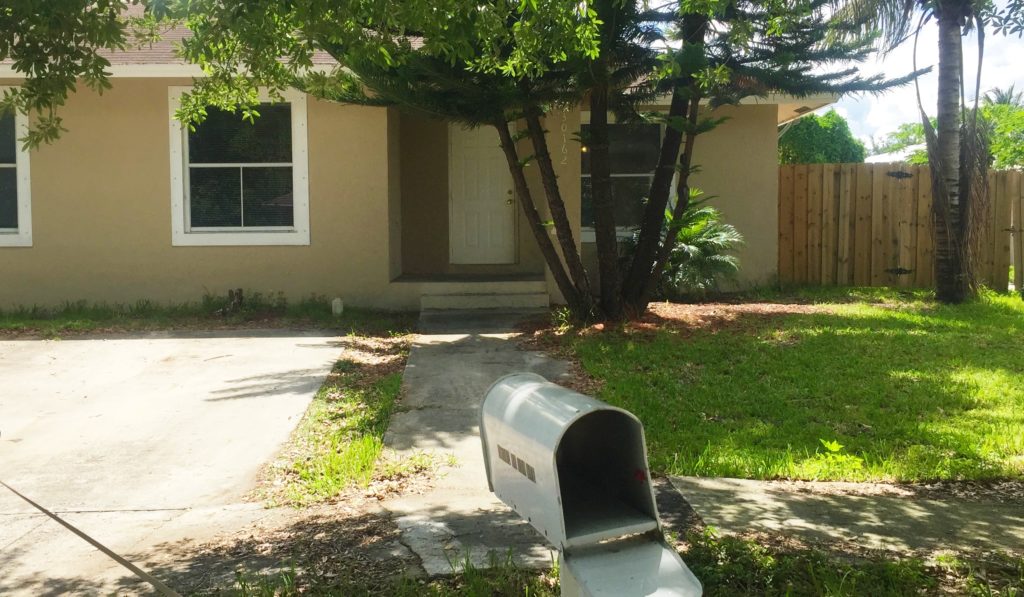
If you’ve had to claim a Florida security deposit before, you’ve probably already taken some of the steps below. As a Miami property manager, I have had to claim security deposits from even well-informed tenants. Good and repetitive communication is a good way for your tenants to remember what to do and what not to do. A little effort during a tenancy will save you time and money in the long run. Here are a few ways to prevent you from having to claim a Florida security deposit.
Complete a move-in inspection:
After signing the lease and prior to the tenants moving in, complete a move-in inspection with pictures and even a video. Take a few general pictures and close-ups of items you make notes of. A video will capture the condition of the property in areas pictures might miss. Encourage the tenants to do the same within the first week of living in the home. This information will come in handy once the tenant moves out. If you did things right, it’s undeniable proof of the condition of the home. If tenants are reminded what the house looked like when they moved in, it may help in avoiding placing a claim on their Florida security deposit.
Communicate clearly what is expected:
Your lease should include what the tenant is responsible for and what you as the landlord is responsible for. Many times, tenants will simply ask questions and take you at your word. Ensure you provide clear answers while avoiding making promises not agreed to in writing. Explain from the first day what is expected and follow through on your responsibilities as a landlord. The relationship is a two-way street.
Provide references:
In addition to the lease, one can provide reference material that may be helpful throughout the duration of the tenancy. Examples are; a move-in checklist, a move-out checklist, and a guide discussing the difference between normal wear-and-tear and damage. These reference materials may help in avoiding having to claim a Florida security deposit.
Stop by once in a while:
After the initial move-in inspection, it would be a good idea to stop by every six months or so. This will help in:
- Helping ensure the tenants are taking care of the property
- Spotting any unreported maintenance issues
- Peace of mind for landlord and tenant
Be sure to provide adequate notice and follow up in writing about what was discussed. Don’t forget to take pictures!
Complete a move-out inspection:
This is where all of the work pays off. Hopefully your tenant returns the house to you in the same (or better!) condition. If not, the steps you took will cover your butt if the tenants do no. Complete a move-out inspection in the same manner as the move-in inspection. Do this regardless of the condition you receive the property — pictures, video and a written report.
Plan A is take steps to encourage your tenant to take care of the home so you don’t have to claim a Florida security deposit. If, despite your best efforts, you still need to claim a portion or all of the security deposit, you will have the necessary records to justify it.
We are pledged to the letter and spirit of U.S. policy for the achievement of equal housing opportunity throughout the Nation. See Equal Housing Opportunity Statement for more information.


